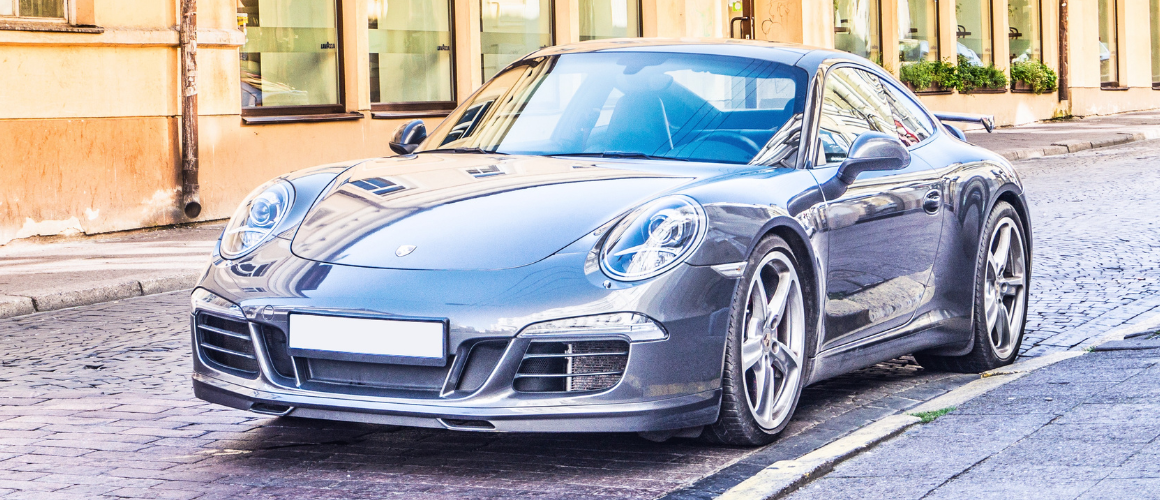Continuous Disruption Cycles
Automakers around the world have been facing numerous challenges and continuous disruption in the past few years. From stiff competition to the rapid development of emerging technologies, automakers do not seem to get a break. Auto manufacturers have had to particularly adjust their strategies to cope with the current trends of environmental sustainability, the changing landscape of the auto industry, and the increasing demand for tech-savvy vehicles. Porsche, Volkswagen, and BMW, for example, some of the most renowned manufacturers, have all implemented various strategies to remain competitive in a constantly evolving auto industry.
Porsche, Volkswagen, and BMW, for example, some of the most renowned manufacturers, have all implemented various strategies to remain competitive in a constantly evolving auto industry.
Environmental Sustainability
One of the main challenges facing automakers is the requirement for increased environmental sustainability. All three companies have been making an effort toward electrification and investing in alternative propulsion technologies as part of their long-term strategies to reduce emissions. Porsche and BMW recently announced plans for full electric, range-extended, and especially hybrid vehicles respectively. Even Volkswagen, with their diesel emissions scandal, has started investing in an extensive network for electric vehicles. All three are rapidly developing the necessary infrastructure for long-range electric charging and attempting to take advantage of their respective expertise and resources in order to develop viable, low cost alternative propulsion technologies.
From Automotive to Mobility
The rise of mobility as a service is another major force reshaping the auto industry. Automakers are now facing competition from alternative forms of transportation that are preferred by today’s more tech-savvy consumers such as ride-hailing services, car-sharing, and subscription-based mobility services. Porsche and Volkswagen have both responded to these trends by launching their own dedicated mobility services. Porsche Mobility provides high-end luxury car-sharing services while Volkswagen’s MOIA is a ride-hailing and car-sharing platform. BMW, meanwhile, is focusing more heavily on improving the technology of the cars themselves with its ReachNow automotive service that combines a digital platform with existing BMW and MINI cars.
Technology and Innovation
Manufacturers are also being challenged by the emergence of new technologies such as driverless vehicles, electrification, and increasing connectivity. As the auto industry moves towards increased autonomy, automakers such as Porsche and BMW have been investing heavily in artificial intelligence and technologies such as lidar, cameras, and radars. Volkswagen is focusing more on the development of electric powered vehicles and the not too distant e-commerce realm within the auto sector.
Cost Consciousness
The necessary shift towards frugality given the current global economic situation is also one of the major current challenges that the auto industry is facing. This change requires that automakers must focus on efficiency improvements while maintaining their competitive edge in terms of design and technology. Porsche, Volkswagen, and BMW are working to reduce costs while finding new areas of profitability by focusing on offering more lightweight and fuel-efficient cars, as well as expanding their production into developing markets in order to serve their respective markets more cost-effectively.
Digital Platforms
Finally, the increasing demand for tech-savvy cars has been a major challenge for automakers with the introduction of new features such as path-creation, collision avoidance, and even augmented reality in the car. Faced with this challenge, Porsche, Volkswagen, and BMW have all invested in developing the necessary technology for their own digital platforms. They are also investing heavily in research and development on autonomous driving, enhanced connectivity, and increased safety features. Porsche is also exploring subscription-based offerings for customers, while BMW’s Connected Mobility services could make the car buying process easier for customers.
Conclusion
Overall, automakers have been responding to the continuous disruption and various current trends and challenges of the auto industry in various ways. Porsche and BMW are heavily investing in electrification and alternative propulsion technologies, while Volkswagen is focusing more on traditional methods such as offering subscription-based services and making their cars more tech-savvy. All three companies are also investing heavily in increased safety, efficiency, and connectivity features as well as exploring new markets and offering new services aimed at satisfying evolving customer needs in a rapidly changing auto industry.
(Adapted from OpenAI conversation)






